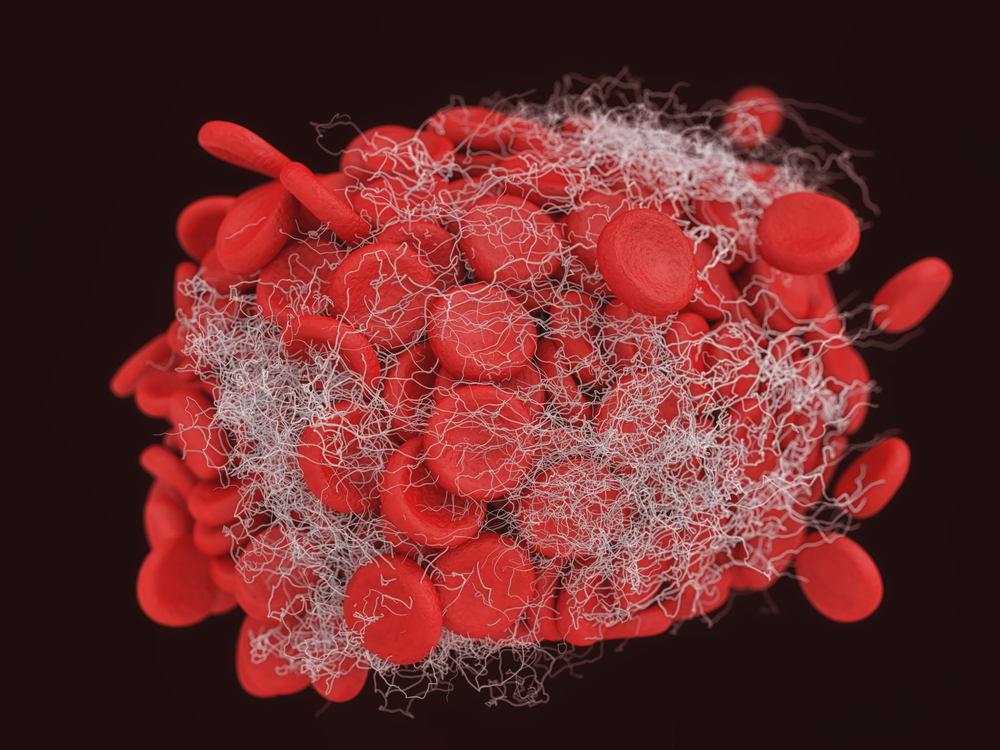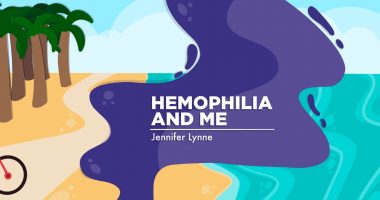CSL Behring’s Afstyla Allows Hemophilia A Patients to Use Less Factor Replacement, Analysis Shows

Hemophilia A patients treated with CSL Behring’s Afstyla (recombinant factor 8 single-chain) require less factor to control bleeding compared to those taking octocog alfa, the company recently announced.
The lower consumption holds both for patients using clotting factors on-demand and those who require preventive, or prophylactic treatment.
CSL Behring presented its conclusions at the International Society on Thrombosis and Haemostasis (ISTH) Congress 2017, held July 8-13 in Berlin.
“Based on our findings, patients who are treated with Afstyla two or three times per week require less factor overall, compared with the standard acting product octocog alfa, to manage their condition, including treatment for bleeding events, and they experience long-lasting prophylactic and on-demand protection against bleeding,” Songkai Yan, CSL Behring’s director of global health economics and reimbursement strategy, said in a press release.
The data comes from an analysis in which researchers used a so-called budget impact model. They calculated average product consumption per patient in IU (International Unit) per kg, comparing Afstyla, which is dosed two to three times per week, to octocog alfa, which is dosed three to four times per week.
Among patients receiving preventive treatment, Afstyla led to 6.4 percent lower consumption among children, and 16.7 percent lower use among adolescents and adults, compared to octocog alfa.
These numbers included instances in which patients, despite treatment, started bleeding. Excluding such bleeding events, the difference between the two drugs was 4.8 percent in children, though it remained at 16.7 percent among adults and adolescents.
In the on-demand population, the differences were even larger. Afstyla-treated children used 41.3 percent less factor than those on octocog alfa, while adolescents and adults used 27.2 percent less.
The clotting factor Afstyla — developed by Korean SK Chemicals and licensed to CSL Behring in 2009 — is designed to be more stable once injected into the body. This is thanks to a strong molecular bond that forms one single chain instead of the naturally occurring light and heavy chains. CSL Behring says that once activated, the man-made factor is identical to natural factor VIII, which is deficient in hemophilia A patients.
Since the molecule does not degrade as quickly as earlier clotting factors, patients can take it less frequently.






